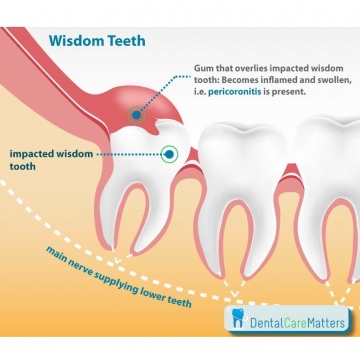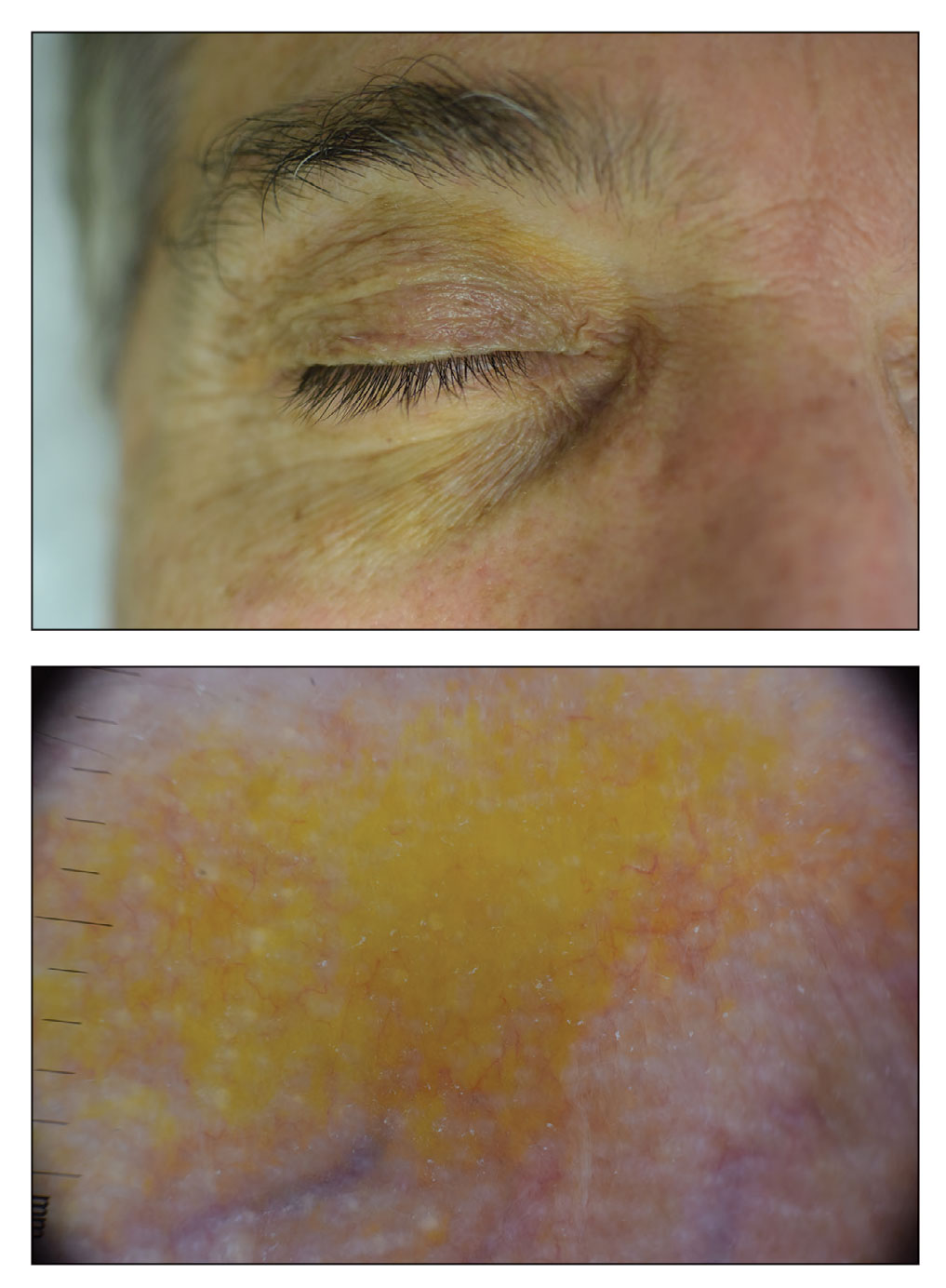Smelly Wisdom Tooth

The infamous wisdom tooth, a constant source of frustration and discomfort for many individuals. While wisdom teeth are a natural part of human development, they can often become a nuisance, particularly when they become impacted or infected. One of the most common issues associated with wisdom teeth is the development of a foul odor, which can be both embarrassing and painful. But what causes this smelly wisdom tooth, and how can it be treated?
To understand the causes of a smelly wisdom tooth, it’s essential to delve into the anatomy of the tooth and its surrounding tissue. Wisdom teeth, also known as third molars, typically begin to erupt between the ages of 17 and 25. However, due to the limited space in the jaw, these teeth often become impacted, meaning they fail to emerge properly or become stuck in the gum. This impaction can lead to the formation of a pocket between the tooth and the gum, creating an ideal environment for bacteria to accumulate and thrive.
The bacteria that accumulate in this pocket can feed on food particles and other debris, producing volatile sulfur compounds (VSCs) as a byproduct. These VSCs are the primary cause of the foul odor associated with a smelly wisdom tooth. As the bacteria continue to multiply and produce more VSCs, the odor can become increasingly potent, causing discomfort and embarrassment for the individual.
In addition to the anatomical issues, other factors can contribute to the development of a smelly wisdom tooth. Poor oral hygiene, for instance, can lead to the accumulation of bacteria and other microorganisms in the mouth, increasing the risk of infection and odor. Furthermore, certain medical conditions, such as gum disease or dry mouth, can also contribute to the development of a smelly wisdom tooth.
So, how can a smelly wisdom tooth be treated? The first step is to consult a dentist or oral surgeon, who can assess the situation and recommend the best course of action. In some cases, the tooth may need to be extracted, particularly if it is severely impacted or infected. However, if the tooth is only partially impacted or infected, the dentist may recommend a more conservative approach, such as a deep cleaning or the use of antimicrobial mouthwashes.
In addition to professional treatment, there are several home remedies that can help alleviate the symptoms of a smelly wisdom tooth. Rinsing the mouth with salt water or hydrogen peroxide can help reduce bacteria and inflammation, while chewing sugar-free gum can stimulate saliva production, which can help wash away bacteria and food particles. Additionally, maintaining good oral hygiene practices, such as brushing and flossing regularly, can help prevent the accumulation of bacteria and other microorganisms in the mouth.
It’s also important to note that a smelly wisdom tooth can be a sign of a more serious underlying condition, such as an abscess or cyst. If left untreated, these conditions can lead to more severe complications, including infection, damage to surrounding teeth and tissue, and even life-threatening conditions such as sepsis. Therefore, it’s essential to seek professional help if you’re experiencing any symptoms of a smelly wisdom tooth, including pain, swelling, or discharge.
According to the American Dental Association (ADA), wisdom teeth removal is one of the most common dental procedures performed in the United States, with over 5 million people undergoing the procedure each year.
In conclusion, a smelly wisdom tooth can be a frustrating and painful condition, but it’s essential to seek professional help to determine the best course of action. By understanding the causes of the condition and exploring treatment options, individuals can alleviate their symptoms and prevent more severe complications. Whether through extraction, deep cleaning, or home remedies, there are several ways to address a smelly wisdom tooth and restore oral health and confidence.
Pros and Cons of Wisdom Teeth Removal
| Pros | Cons |
|---|---|
| Relief from pain and discomfort | Risk of complications, such as dry socket or infection |
| Prevention of future problems, such as crowding or impaction | Cost and time required for the procedure |
| Improvement in oral health and hygiene | Potential for nerve damage or other complications |

As with any dental condition, it’s crucial to prioritize oral health and seek professional help if you’re experiencing any symptoms of a smelly wisdom tooth. By doing so, you can prevent more severe complications and restore your confidence and comfort.
What are the common symptoms of a smelly wisdom tooth?
+Common symptoms of a smelly wisdom tooth include pain, swelling, discharge, and a foul odor. Additionally, you may experience difficulty opening your mouth or chewing, as well as sensitivity to hot or cold temperatures.
Can a smelly wisdom tooth be treated at home?
+While there are some home remedies that can help alleviate the symptoms of a smelly wisdom tooth, such as rinsing with salt water or hydrogen peroxide, it's essential to consult a dentist or oral surgeon for proper diagnosis and treatment. In some cases, professional treatment, such as extraction or deep cleaning, may be necessary to address the underlying condition.
How can I prevent a smelly wisdom tooth?
+To prevent a smelly wisdom tooth, it's essential to maintain good oral hygiene practices, such as brushing and flossing regularly. Additionally, regular dental check-ups can help identify potential issues before they become severe. If you're experiencing any symptoms of a smelly wisdom tooth, don't hesitate to seek professional help.
In the end, a smelly wisdom tooth is a common condition that can be treated with the right approach. By understanding the causes and symptoms of the condition and exploring treatment options, individuals can alleviate their discomfort and prevent more severe complications. Remember to prioritize oral health and seek professional help if you’re experiencing any symptoms of a smelly wisdom tooth.


